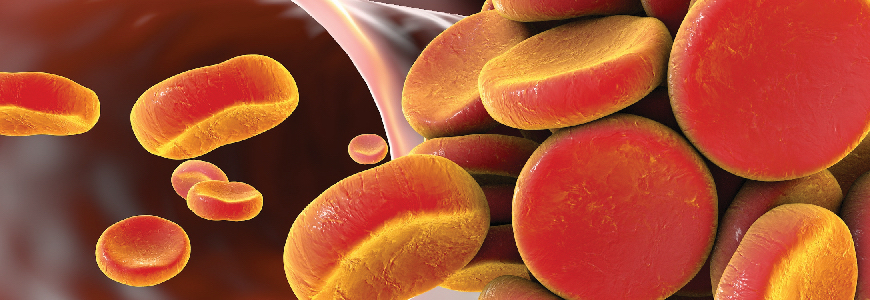To accommodate increasing demand for vascular disease care, Duke specialists have expanded access for patients by offering appointments for most new patients within two to three weeks. Same-day appointments are available for patients with urgent needs.
Increased access to vein clinic services in Raleigh
Duke will increase the number of appointments for venous disease, including treatment of varicose and spider veins. Cynthia K. Shortell, MD will begin accepting appointments at Duke Vascular Specialists of Raleigh, where she brings particular expertise in complex venous management including vascular malformations and pelvic congestion syndromes. Patients will still be able to access care at Duke Vascular Surgery and Vein Center at Brier Creek, as both locations will offer a full array of treatment, including sclerotherapy, ablations, and cutaneous laser in an outpatient setting.
Duke Vascular Specialists of Raleigh
3300 Executive Dr., Suite 304
Raleigh, NC 27609
Duke Vascular Surgery and Vein Center at Brier Creek
10207 Cerny St., Suite 312
Raleigh, NC 27617
Duke Regional Vascular Access
407 Crutchfield St.
Durham, NC 27704
New outpatient angiography suite
A new outpatient angiography suite combines advanced imaging technology for diagnosis and treatment using minimally invasive procedures. Specialists at the angiography suite treat many venous conditions, including lower extremity occlusive disease, angioplasty, stenting, and atherectomy, as well as venous occlusive disease.
Lower extremity leg swelling clinic
For management of leg swelling related to conditions such as congestive heart failure, abdominal cancer, or lower extremity deep vein thrombosis, Duke offers comprehensive treatment options. “The focus is specifically on patients experiencing leg swelling, whether it’s due to multiple co-morbidities or issues related to being wheelchair bound,” said Daniel F. Geersen, PA-C. “The skill of our team, including onsite physical therapy and compression therapy, makes us unique in the Southeast for this level of care.”
Patients should be referred to the vascular program when they require evaluation and management of such vascular conditions as:
- Peripheral arterial disease (PAD)/claudication
- Nonhealing wounds of the lower extremities
- Symptomatic/asymptomatic carotid artery disease
- Aortic aneurysms, including screening ultrasound
- Varicose/spider veins
- Swollen legs/lymphedema and lipedema
- Pelvic venous disorders
- Deep vein thrombosis (DVT), including diagnostic ultrasound
- Dialysis access
- Vascular malformations
- Thoracic outlet syndrome
- Small vessel diseases, including Raynaud’s

